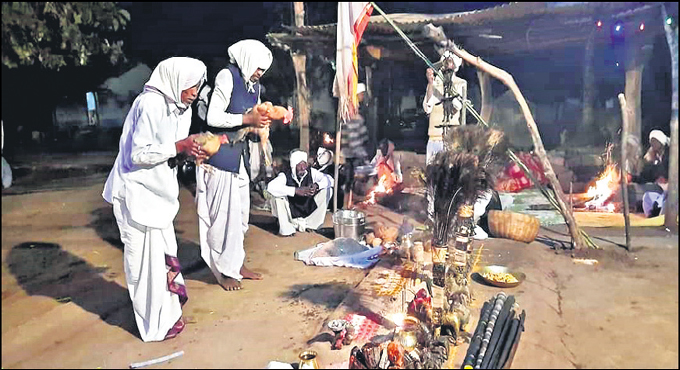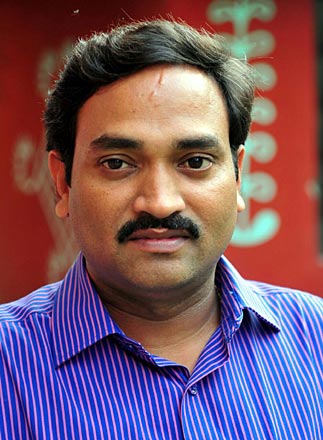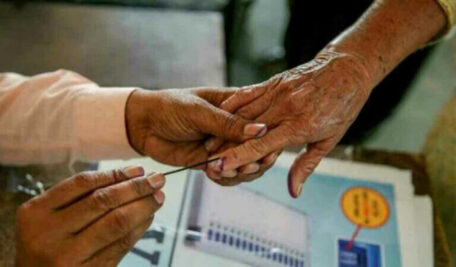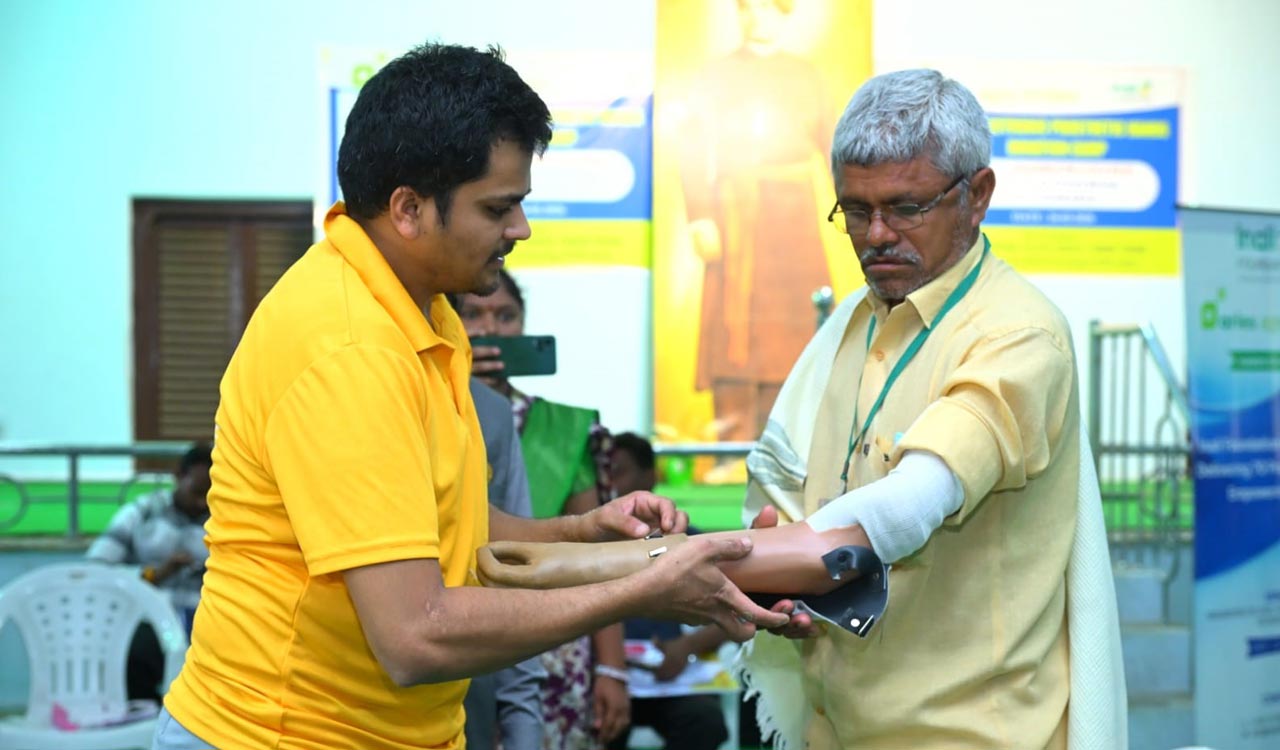A guide to Kolams’ Satti Deyyal fair
The tribals of several Adilabad villages come together to travel, pray, feast and dance together in the name of God during Deyyal Mokkikad

Praying together
After invoking the Gods, the Kolams flock to the soopari to present their wishes and seek solutions like the following:
Apologies: Those who committed mistakes knowingly or unknowingly will confess and request forgiveness.
Problems: Those who have problems will request for solutions.
Ill-health: Those suffering from ill-health will request for remedies.
Offspring: Those who have no children will request for an offspring.
Boons: Those who desire better fortunes request for boons.
All of them will make presents in cash and kind as they promised or as required by the deities through the soopari. The presents generally include roosters and sometimes goats. Others normally break coconuts before the deities in reverence.
Thereafter the return journey takes place. If it is night and the soopari and other people carrying the deities and other sacred things prefer to take rest for a while, they stay en-route. If their presence is sensed by nearby Kolams who are known for purity, they get possessed by the deities of their respective villages and run carrying their deities towards the resting deities. All the deities come together to the original tikaan where the fair is planned. The Kolams of other villages are treated as guests and food will be arranged to them by the host villagers around the tikaan. All of them sleep there that night.
Worshipping together
By morning, everyone wakes up, freshen up and get ready. Some men start playing Deyyal Dol and Thudum for about two hours till one or two persons get into a trance. Such soopari fall on the earth and roll in a zig-zag pattern. Some people go to him, sprinkle paalgomthri on his body and take him into the tikaan. The soopari then lifts the God on to his shoulders, comes out of the tikaan and distributes saatl to a few men. They hit the soopari for a while and the latter takes back the whips from them. Then the needy people approach the soopari and ask him for various boons. The God driven soopari offers befitting solutions.
Introducing together
Newly wed couples wear white cloths and come before the God in the tikaan. They are introduced to the God and they offer presents to the God. Those who begot children due to the grace of the God also carry their children and introduce them to the God. If any couple happens to migrate to far off places in search of work/food for some years and get children during their migration period, they too bring their grown up children also in swings and present before the God. And, a few hair strands of newborn infants are cut and offered to the God.
The soopari applies bandar (turmeric powder) on the foreheads of the people in horizontal lines if they belong to Aathram clan and in vertical lines if they belong to Sidam, Madavi or Kumram clans while they redeem their presents to the God. The presents go to the soopari who in turn uses the money to prepare saatl, janevaraalu (metal belts of bells), waist belts, anklet cowries (mooge), etc. worn by the sooparis in the name of God.
Feasting together
Thereafter people start worshipping the God by breaking coconuts. Many people sacrifice roosters, goats and buffaloes (now stopped) in regard to their earlier wishes fulfilled. Immediately the soopari bakes their tharmud (lungs), hearts and sihlinga (liver) and offers to the God by placing them in teak leaves or platter (made of palash tree leaves).
Meanwhile the meat of the sacrificial rooster and goats is cooked apart from the staple food. Then the soopari consumes the sacred food in the tikaan. He is followed by about 10 elders. Thereafter the first round of the sacrificial food is offered to all married men. Children, women and husbands of menstruating women are not entitled to have that first food. However the food is thereafter served by men to all sitting in a circle.
Dancing together
Having finished lunch, all the interested people, including adult boys and girls, enjoy dancing. The dances are of three types – Demsa, Gero and Saal – performed in tune to the beats of Dol and Thudum accompanied by songs. By this time it becomes evening and people start returning to their villages one after another according to the distance from the tikaan to their villages.
Closing ceremony
After five days, the family of soopari comes to the tikaan to pick up all the flags (pardas) hoisted in front of the tikaan and store them in the pot in the tikaan. Then they sacrifice one or two fowls to the God. This time they bake small size jowari rotis on gomera (cow-dung cakes) and consume the crispy rotis and the sacrificial meat and leave for their village. With this, the fair comes to an end.
Thus the Kolams celebrate the five-day long fair Deyyal Mokkikad with utmost purity as a community interaction with all of their deities. The gratitude they express for what they have and the fraternity in celebrating the fair will stand as the required values for every citizen of the State and the country.
(The Kolam fair Deyyal Mokkikad is being held during 1-5 January 2021)
(Photo, inputs courtesy: Athram Mothiram)

– Dr D Satyanarayana, Telangana Historian
Also Read
Deyyal Mokkikad, an age-old tribal fest
Now you can get handpicked stories from Telangana Today on Telegram everyday. Click the link to subscribe.
Click to follow Telangana Today Facebook page and Twitter .
Related News
-
Main accused in Rs 547 crore cyber case Vikas Chowdary caught by Khammam police
26 mins ago -
KT Rama Rao urges speedy completion of Adilabad IT Tower to create jobs
30 mins ago -
PM Modi to visit Israel to boost defence and trade ties amid regional tensions
35 mins ago -
BJP slams Congress government after baby’s death in Telangana
43 mins ago -
Tata Sons board defers decision on N Chandrasekaran’s third term
1 hour ago -
India-Israel free trade talks aim to boost investments
1 hour ago -
Congress government pushes TDR for land acquisition in Hyderabad
2 hours ago -
BVRIT to showcase innovative ATVs at mBaja 2026
2 hours ago




